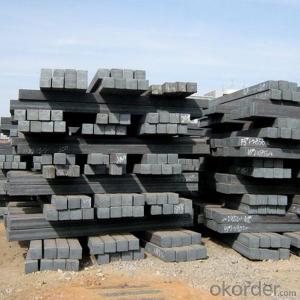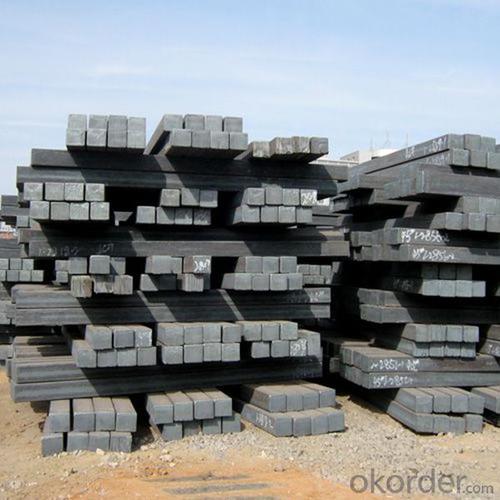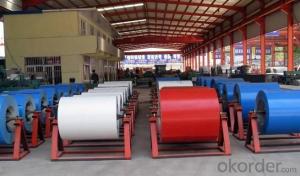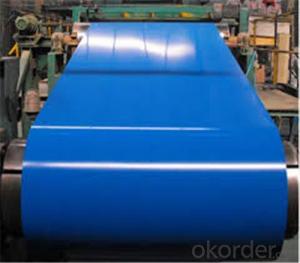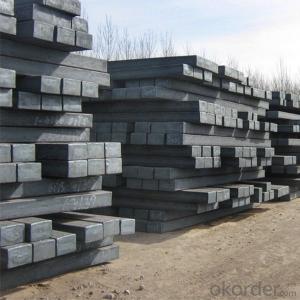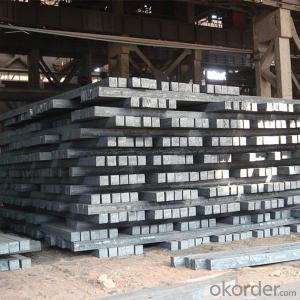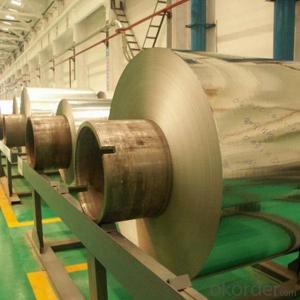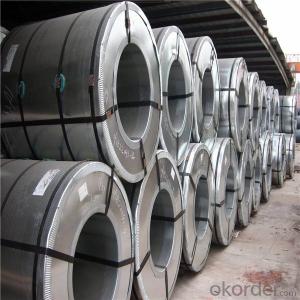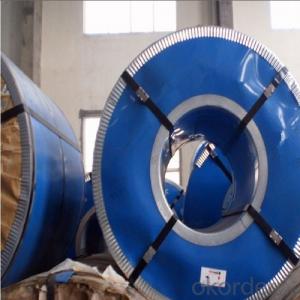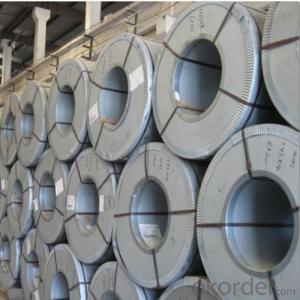Square Steel Billet, Square Bar, Mild Steel Billet
- Loading Port:
- China main port
- Payment Terms:
- TT OR LC
- Min Order Qty:
- 1000 m.t.
- Supply Capability:
- 50000 m.t./month
OKorder Service Pledge
OKorder Financial Service
You Might Also Like
Specification
Square steel billet, square bar, mild steel billet best price from China manufacturer
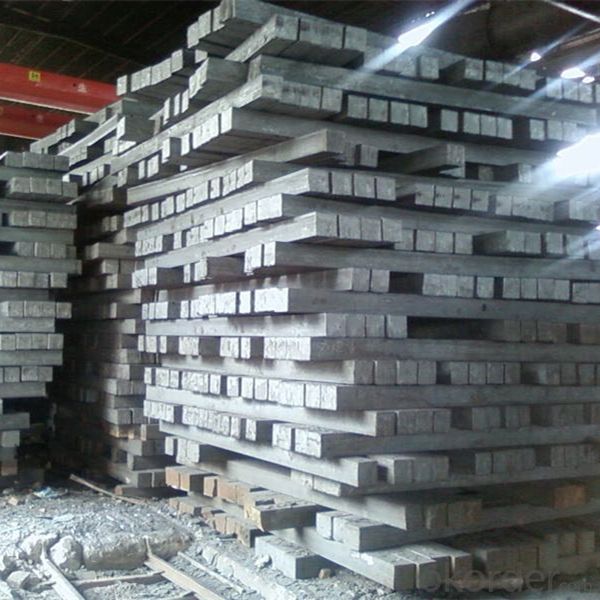
| Name: | Square bar |
| LENGTH: | 6 meter to 12 meter (+ 50mm) |
| Size: | 100*100, 120*120, 150*150, 200*200 |
| Grade: | 3SP,5SP,Q235,20MnSi. |
| Shape: | Square, Round |
| Technique: | Hot-Rolled |
| Standard: | ASTM/GB |
| BENDING | No more than 5mm in 1 meter No more than 30mm in 6 meter No more than 60mm in 12 meter |
| ANGULAR TWIST | No more than 1 degree per meter and not more than 6 degree over 12 meter length. |
| Chemical composition | C, Si, Mn, P, S, N, etc |
Product Description
Chemical Properties
| Size | 60*60/90*90/100*100/120*120/150*150 |
| Length | 6000mm-12000mm |
| Standard | GB |
| Application | To produce bars or other applications |
| Grade | Q195/Q235/Q275/3SP/5SP/20MnSi |
| Packing terms | TT/LC |
| Package | Mill's standard packing or as client's requirement |
| Delivery time | Within 10-30 days after receiving the deposit or LC |
Chemical Composition
| Standard | C(%) | Mn(%) | S(%) | P(%) | Si(%) |
| Q195 | ≤0.12 | ≤0.50 | ≤0.040 | ≤0.035 | ≤0.30 |
| Q235 | ≤0.20 | ≤1.40 | ≤0.045 | ≤0.045 | ≤0.35 |
| Q275 | ≤0.22 | ≤1.50 | ≤0.045 | ≤0.045 | ≤0.35 |
| 20MnSi | 0.17-0.25 | 1.2-1.6 | ≤ 0.050 | ≤ 0.050 | 0.40-0.80 |
| 3SP | 0.14-0.22 | 0.40-0.85 | ≤ 0.050 | ≤ 0.040 | 0.05-0.15 |
| 5SP | 0.28-0.37 | 0.50-1.00 | ≤ 0.050 | ≤ 0.040 | 0.15-0.30 |
Reasons for choosing us:
1. We have a large substantiality as our backup force.
2. We have many qualified raw material supplier.
3. The company has perfect management mode and advanced processing technology.
4. We have the country's leading production equipment and strong production capacity.
5. Our company has a strong aftersales service platform, and our leaders are glad to make guidance personally for every feedback from customers.
6. Our company has a strong reputation system: SGS, ISO Certification, etc.
- Q: What are the common surface finishes for steel coils?
- There are several common surface finishes for steel coils, depending on the specific requirements and applications. Some of the most common surface finishes for steel coils include: 1. Hot-dip galvanized: This is a process where the steel coil is immersed in a bath of molten zinc, coating the surface with a protective layer. Hot-dip galvanizing provides excellent corrosion resistance and is commonly used in outdoor applications. 2. Electro-galvanized: In this process, a thin layer of zinc is electroplated onto the surface of the steel coil. Electro-galvanizing provides good corrosion resistance and a smooth finish, making it suitable for various applications, including automotive parts and appliances. 3. Galvannealed: Galvannealed steel coils are coated with a zinc-iron alloy by passing them through a high-temperature annealing process. This finish offers improved paint adhesion and excellent resistance to corrosion, making it suitable for manufacturing automotive parts and construction materials. 4. Tinplate: Tinplating involves coating the steel coil with a thin layer of tin, providing excellent corrosion resistance and a bright, shiny appearance. Tinplate is commonly used for packaging materials and cans. 5. Pre-painted: Pre-painted steel coils have a layer of paint applied to the surface, providing both corrosion resistance and an aesthetically pleasing finish. This finish is often used for building materials, such as roofing and siding. 6. Cold-rolled: Cold-rolled steel coils undergo a process where they are rolled at room temperature, resulting in a smooth, clean surface. Cold-rolled coils are typically used in applications where a high-quality surface finish is required, such as automotive parts and appliances. These are just a few of the common surface finishes for steel coils. The choice of finish depends on the desired properties, such as corrosion resistance, appearance, and specific application requirements.
- Q: Are steel coils corrosion-resistant?
- Yes, steel coils can be made corrosion-resistant through various methods such as coating them with protective layers or using corrosion-resistant alloys.
- Q: Can steel coils be coated with abrasion-resistant materials?
- Yes, steel coils can be coated with abrasion-resistant materials. These materials are specifically designed to provide a protective layer against wear and tear caused by friction, impact, or other forms of abrasion. Coating steel coils with abrasion-resistant materials helps to enhance their lifespan and durability, making them suitable for various applications that involve high levels of abrasion or mechanical stress.
- Q: What are the best types of steel for swords
- Don't know too much but I know combat grade katanas are made out of folded carbon-steel. Could also look into industrial steel grading systems if you are looking for something to show off at a martial arts tournament or something.
- Q: What are the current trends in the steel coil industry?
- Some current trends in the steel coil industry include a growing demand for high-strength and lightweight steel coils, increased focus on sustainability and recyclability, advancements in technology for improved efficiency and productivity, and a shift towards automation and digitalization in manufacturing processes. Additionally, there is a rising preference for customized steel coil solutions to meet specific industry requirements.
- Q: How do steel coils contribute to sustainability in manufacturing?
- There are several ways in which steel coils contribute to sustainability in manufacturing: 1. Recycling plays a crucial role: Steel is one of the world's most recycled materials, boasting a recycling rate above 90%. Steel coils are made from recycled steel and can be recycled again at the end of their lifespan. This reduces the reliance on raw materials extraction, conserves natural resources, and decreases energy consumption and greenhouse gas emissions associated with steel production. 2. Durability is a key factor: Steel is renowned for its strength and durability. Steel coils are specifically designed to withstand heavy loads, extreme temperatures, and harsh environmental conditions. Consequently, products made from steel coils, such as automotive parts, construction materials, and appliances, have a longer lifespan. This diminishes the need for frequent replacements and minimizes waste. 3. Energy efficiency is improved: Steel coils are utilized in various manufacturing processes, including stamping, forming, and welding. These processes require less energy when working with steel coils compared to other materials. Steel's high strength-to-weight ratio allows for the production of lightweight yet strong components, reducing energy consumption during transportation and enhancing fuel efficiency in vehicles. 4. Emissions are reduced: Steel coils contribute to sustainability by assisting manufacturers in lowering their emissions. Steel is a low-carbon material, emitting fewer greenhouse gases compared to materials such as aluminum or plastics. By employing steel coils, manufacturers can reduce their carbon footprint and contribute to climate change mitigation efforts. 5. The circular economy is promoted: Steel coils play a crucial role in the circular economy, which aims to minimize waste and maximize resource efficiency. Steel coils can be easily recycled and reused, ensuring their continued presence in the production cycle. This diminishes the need for virgin materials and encourages a more sustainable and circular approach to manufacturing. To conclude, steel coils make significant contributions to sustainability in manufacturing by being recyclable, durable, energy-efficient, emission-reducing, and promoting a circular economy. By selecting steel as a material and utilizing steel coils, manufacturers can take significant steps towards reducing their environmental impact and fostering a more sustainable manufacturing industry.
- Q: In terms of weight to strength titanium is stronger. But is it stronger than mild steel? If it is stronger, how much stronger is it?
- I was researching titanium as it pertained to protective footwear. The only thing mentioned was lighter as the advantage. Nowhere did I find the strength comparison. You might want to research the product you are interested in.
- Q: I'm ordering a Pair of tongs(a tool used to dig quahogs in bays that scrapes the bottom constantly) and what type of metal would be the best to fabricate it, steel or stainless steel?
- Stainless okorder
- Q: How are steel coils inspected for surface defects using non-destructive testing methods?
- Steel coils are inspected for surface defects using non-destructive testing (NDT) methods to ensure their quality and integrity. There are several common NDT methods employed in this process. One of the most widely used methods is visual inspection, where trained inspectors visually examine the surface of the steel coils for any visible defects such as scratches, cracks, pits, or corrosion. This method is relatively simple and cost-effective but is limited to detecting only surface-level defects. Another commonly used NDT method is magnetic particle testing (MT). This method utilizes the principles of magnetism to identify surface and near-surface defects in ferromagnetic materials like steel. A magnetic field is applied to the steel coil, and iron particles are applied to the surface. If there is a defect, such as a crack or discontinuity, the iron particles will concentrate around it, making the defect visible to the inspector. Liquid penetrant testing (PT) is another NDT method used to inspect steel coils for surface defects. In this method, a liquid penetrant is applied to the surface of the coil. The penetrant is drawn into any surface defects by capillary action. After a certain period, excess penetrant is removed, and a developer is applied. The developer draws out the penetrant from any defects, making them visible to the inspector. Ultrasonic testing (UT) is a widely used NDT method that can detect both surface and subsurface defects in steel coils. High-frequency sound waves are transmitted into the steel coil, and the reflected waves are analyzed to identify any abnormalities. This method can detect defects such as cracks, inclusions, and voids that may not be visible to the naked eye. Additionally, eddy current testing (ECT) is another NDT method used for inspecting steel coils. This method utilizes electromagnetic induction to detect surface and near-surface defects. A coil carrying an alternating current is placed near the surface of the coil being inspected. Any changes in the coil's electrical conductivity caused by surface defects are detected and analyzed, allowing the inspector to identify and evaluate the severity of the defects. In conclusion, steel coils are inspected for surface defects using various non-destructive testing methods such as visual inspection, magnetic particle testing, liquid penetrant testing, ultrasonic testing, and eddy current testing. These methods ensure the quality and integrity of the steel coils before they are used in various applications.
- Q: How are steel coils used in the production of appliances?
- Steel coils are used in the production of appliances as a primary material for constructing the various components, such as the outer shells, frames, and internal structures. The coils are processed and shaped into specific sizes and forms to meet the requirements of different appliances. Additionally, steel coils provide strength, durability, and a sleek appearance to the finished appliances.
Send your message to us
Square Steel Billet, Square Bar, Mild Steel Billet
- Loading Port:
- China main port
- Payment Terms:
- TT OR LC
- Min Order Qty:
- 1000 m.t.
- Supply Capability:
- 50000 m.t./month
OKorder Service Pledge
OKorder Financial Service
Similar products
Hot products
Hot Searches
Related keywords
